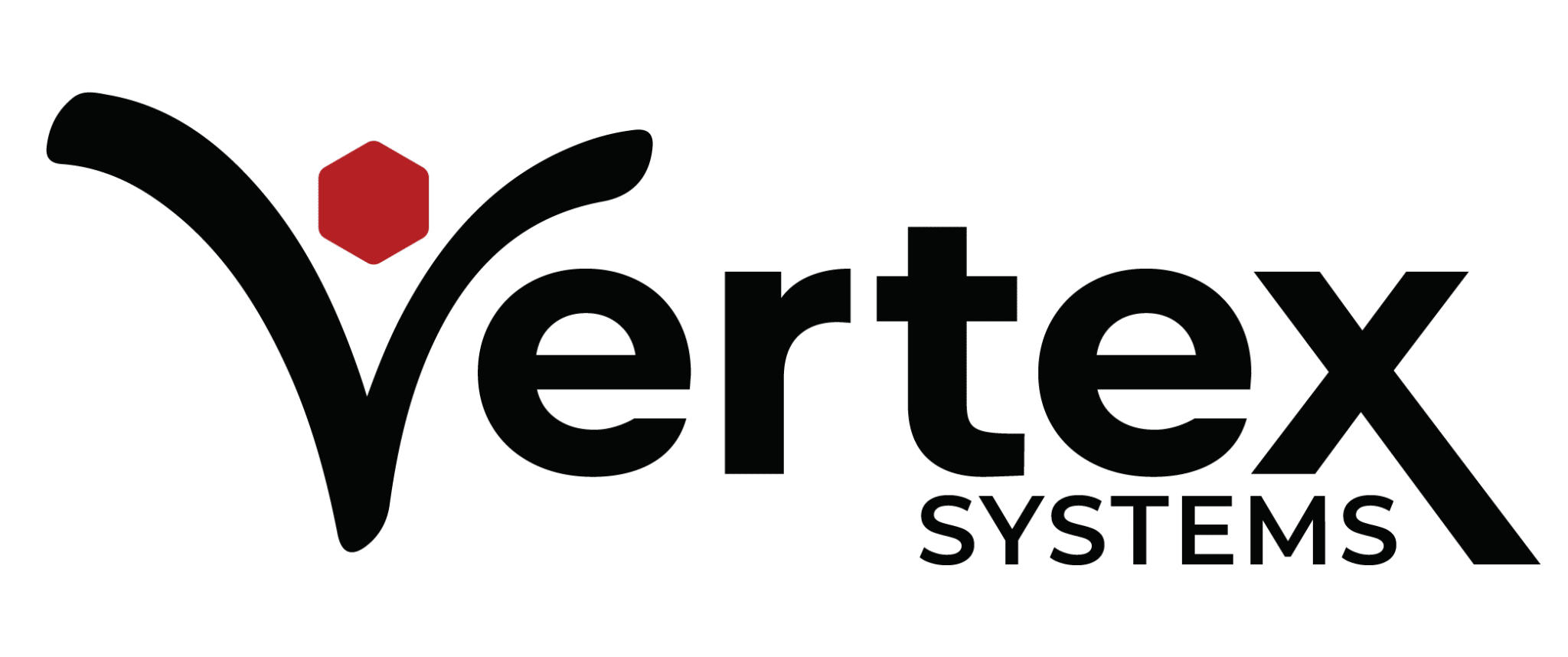Managing workloads for people with intellectual or developmental disabilities (IDD) is challenging. From meeting compliance standards to ensuring high-quality care, IDD agencies, disability services, and direct service professionals face overwhelming administrative tasks daily.
Add to this the burden of staffing shortages—research reveals that nearly three-fourths of agencies struggle to maintain quality standards due to these shortages—and the need for a more efficient solution becomes clear.
This is where the benefits of tailored IDD software stand out. Upgrading to dedicated IDD software can streamline workflows, enhance care quality, and ensure better outcomes for both staff and the individuals they serve.
1. Streamline Workflows from Service Delivery to Billing
One of the biggest benefits of IDD software is its ability to simplify time-intensive administrative tasks like data entry, payroll processing, and billing. Unlike generic tools, dedicated IDD software is designed specifically for the unique challenges faced by IDD agencies. It bridges gaps between service plans and invoices, ensuring smooth transitions and accurate billing.
With electronic systems, there’s less room for manual errors or redundant data entry. For example, instead of keying in the same information multiple times, staff can focus on managing client service plans or tracking billable hours. By reducing the administrative burden, IDD teams can save time and concentrate their efforts on delivering quality care, not juggling paperwork.
2. Guarantee Compliance
Staying compliant with constantly evolving industry regulations can be challenging, especially when you consider how much documentation and data must be managed. IDD agencies must adhere to standards regarding service documentation, quality assurance, and regulations such as the 14c subminimum wage law. Manually tracking these requirements increases the risk of mistakes or missed deadlines.
With a dedicated IDD software solution, compliance becomes much more manageable. Service plans, billable hours, and other documentation are organized in one centralized platform. Features like automated alerts and detailed tracking keep disability services prepared for audits, ensuring nothing falls through the cracks.
Most importantly, this improves the overall quality of care provided to people with IDD while eliminating the stress of staying compliant in a demanding regulatory environment.
3. Enhanced Collaboration
Servicing individuals with intellectual or developmental disabilities is a team effort. Caseworkers, care staff, and service providers must stay connected to deliver the coordinated care that people with IDD need. Dedicated IDD software transforms that collaboration with features designed to make information sharing seamless, secure, and accessible.
Through real-time updates, every team member can easily stay informed about changes to a person’s service plans or adjustments to care goals. For example, when a care plan is updated, support staff instantly receive these revisions without delays or miscommunication.
Ultimately, tools that display progress make it simple for everyone involved to align on objectives and provide accurate, person-centered care. Such streamlined collaboration ensures that no detail is overlooked in individual care plans.
4. Save Time & Staff Labor
Many IDD agencies already face staffing shortages, which impact their ability to meet client needs. Investing in the right technology can alleviate these pressures. IDD software benefits agencies by automating repetitive administrative tasks, allowing staff to accomplish more tasks in less time. Tasks like data entry, billing, and client progress tracking, which once consumed hours, can be completed efficiently with software tools, enabling teams to redirect their energy toward hands-on care.
For instance, rather than manually preparing invoices or calculating staff payroll, teams can rely on automated systems to do the heavy lifting. This efficiency is particularly beneficial for disability services providers who oversee many clients but lack sufficient staff. Ultimately, improving workflows gives caregivers more time to focus on meaningful interactions with those they serve, enhancing care outcomes.
5. Better Insights Into Client Progress
Delivering high-quality care requires understanding each individual’s progress over time. Dedicated IDD software equips agencies with reporting tools and dashboards for real-time tracking of client outcomes. By gathering data on service time, goals, and objectives, care teams gain a clearer picture of the effectiveness of their efforts.
These insights go beyond day-to-day tracking—they shape the future of service delivery. For instance, agencies can use data trends to identify areas for improvement or tailor service plans to better meet individuals’ needs. With accurate progress reports at their fingertips, agencies can make more informed decisions that greatly improve the quality of care they provide.
This level of transparency transforms operations, delivering more personalized attention to people with intellectual or developmental disabilities.
Vertex Offers Dedicated IDD Software Solutions
Upgrading to dedicated IDD software offers more than convenience—it’s a necessary step toward improving operations, compliance, collaboration, and care delivery for people with IDD. By addressing team challenges, saving valuable resources, and providing meaningful insights, the software empowers agencies to tackle their biggest obstacles head-on.
If your team is ready to experience the numerous benefits of dedicated IDD software, Vertex is here to help. Schedule a demo with Vertex today to see how our innovative solutions can save time and boost your agency’s care standards.

